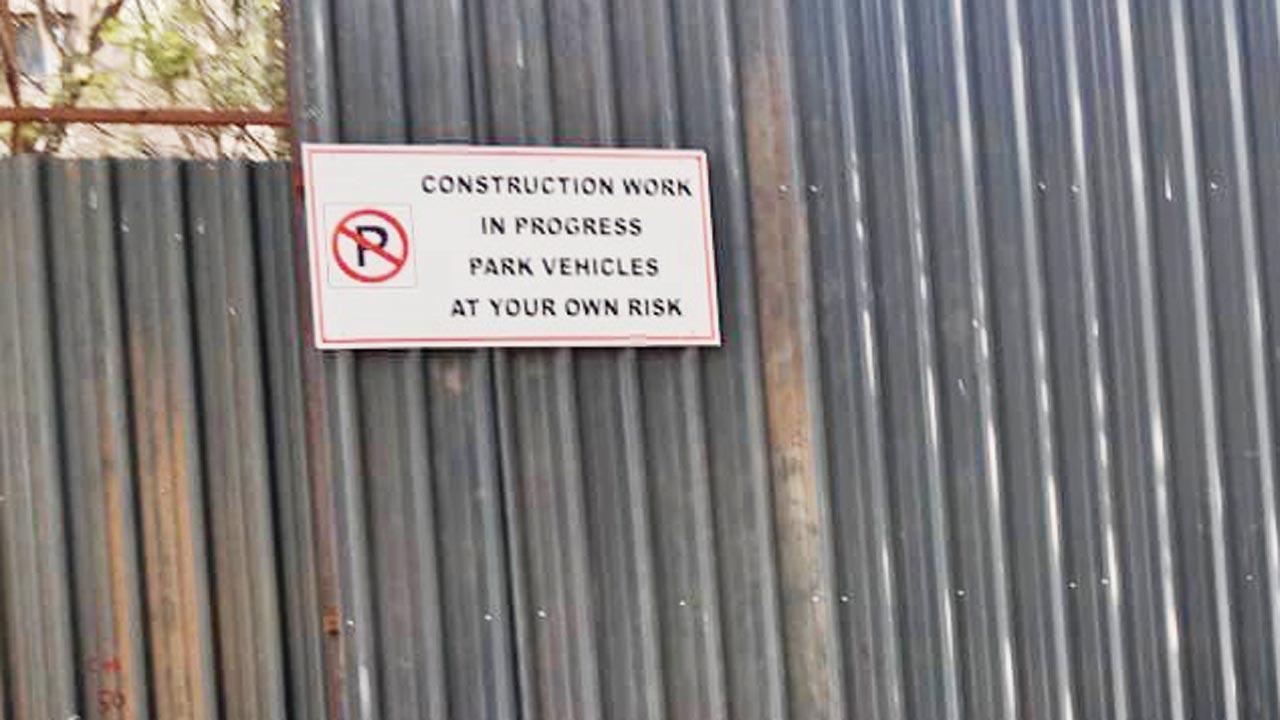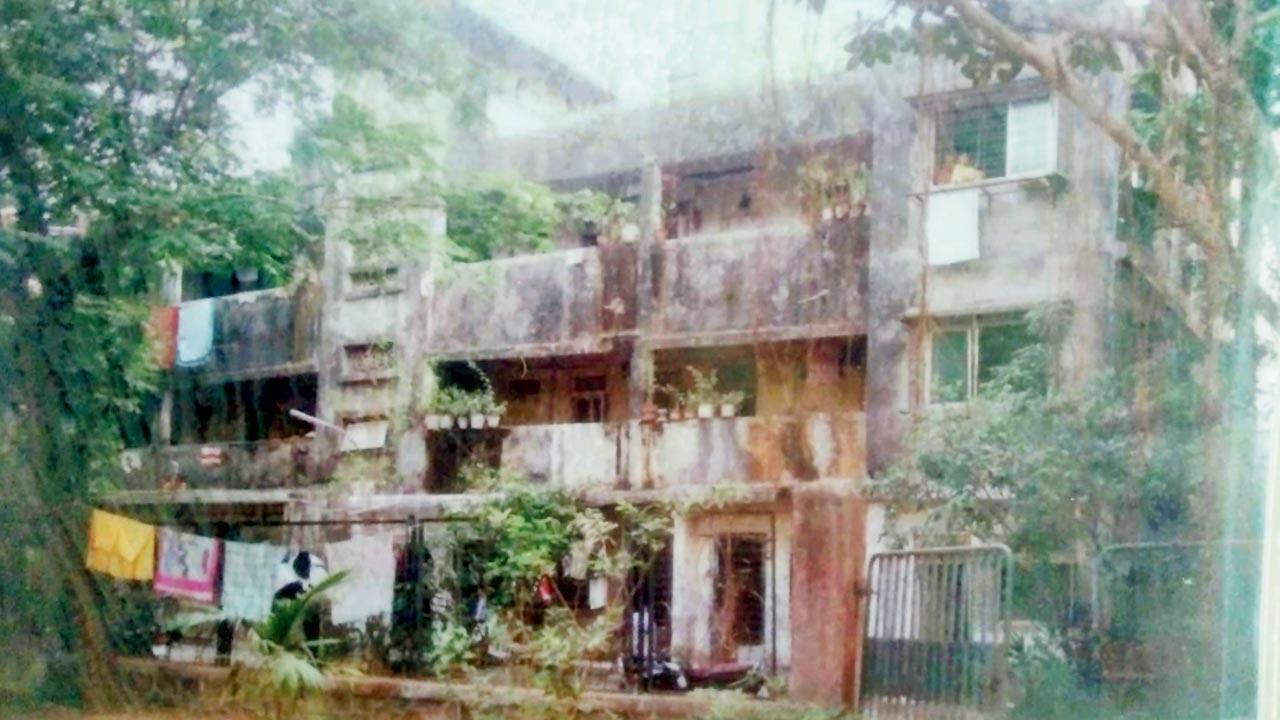National Cooperative Union of India is going to feature the case study of Safalya CHS of Tilak Nagar in its latest training module on self-development /self-redevelopment

Construction in progress at the site of Safalya CHS in Tilak Nagar
The classic case of Safalya cooperative housing society in Tilak Nagar, which won its case in the Supreme Court against the errant developer and pursuing self-redevelopment, is being looked upon as a role model to encourage self-development and will be introduced in the training modules for the entire nation.
ADVERTISEMENT
With an urge to make affordable housing a reality the National Cooperative Union of India (NCUI), an apex cooperative organisation in the country, has introduced the concept of self-development / self-redevelopment in its latest training module on housing cooperatives. According to Shreeprasad Parab, expert director, State Housing Federation, “Impressed with the successful cooperative movement of Safalya CHS, the NCUI sought all the audit and court papers of Safalya CHS which they intend to introduce as a training module for cooperative societies across the country, as a part of the training program.”
mid-day in its news report dated April 29, 2022 titled, “Housing society wins battle against errant developer” had highlighted the Safalya CHS which emerged victorious after decade-long legal battle and is pursuing self-redevelopment.
 Safalya CHS in Tilak Nagar has now gone for self-redevelopment
Safalya CHS in Tilak Nagar has now gone for self-redevelopment
“The primary responsibility of the National Cooperative Resource Centre (NCRC) established by the National Cooperative Union of India (NCUI), is to function as a national resource for all cooperative education and training (CET) institutions. The NCRC offers need-based information and knowledge to improve and build multi-faceted capacities of cooperatives so as to develop them as competitive business enterprises and sustainable self-regulatory institutions, said Sagar Wadkar, adviser (Research & Study), NCUI, Delhi.
Stakeholders
Shruti Kulkarni, research officer, NCUI, said, “The development of this training module included a series of stakeholders’ consultations. These consultations were instrumental in shaping the content of the module by providing us with a better understanding of sector requirements and gaps at the field and operational levels, especially NCUI recognizing the guidance of N S Mehara, chief executive, National Cooperative Housing Federation of India (NCHFI), New Delhi. The leaders and officials from the district and state housing federations of Delhi, Gujarat, Karnataka, Maharashtra, Tamil Nadu, Uttar Pradesh and West Bengal also contributed significantly and provided practical insights in finalising this first-of-its-kind standardised training module.”
Sustainable urban devpt
According to Parab, “India is no exception to the global affordable housing crisis. Millions of people in India are struggling to afford the skyrocketing house prices, which is forcing them to leave their communities. The concept of affordable housing in India involves providing reasonably priced residential units to the public at large. This is achieved through government initiatives, private sector involvement, price controls, policy reforms, infrastructure development, financial inclusion and a focus on sustainable urban development.”
Alarming study
According to a study by the Indian Institute for Human Settlements in 2011, India’s urban landscape has changed significantly over the years. In 1951, there were only five cities with more than a million people and 41 cities with over 0.1 million people. However, by 2011, there were three cities with populations exceeding 10 million and 53 cities with more than a million residents. This trend of urbanization is expected to continue and by 2030, nearly 70 percent of new jobs will be in urban areas. This will lead to over 40 per cent of India’s population living in cities,” he said.
Self development needed
As there is little scope of horizontal development in urban cities due to limited land availability, the only way to cater to the growing demand for housing is through vertical developments of the existing structures that are through redevelopment of the housing societies. Thus to achieve the dual goals of development along with affordability, the concept of self redevelopment is the need of the hour.
The housing module consists of various topics such as introduction to housing co-operatives, legal framework, administration and management, operational aspects, financing strategies and the important topics of self-redevelopment and LEED certified development. The housing module will be circulated throughout the country and also in the international markets enabling people to participate in the growth of the co-operative movement and make housing which the basic need of the people to be affordable and environmentally friendly developed.
Thus in real sense manifesting Shaker Se Samrudhi,” said advocate Parab. Safalya CHS has become a role model for self development as each member will be getting two adjacent flats— a 2-BHK of 531 sq ft and 1- BHK of 300 sq ft in the new 14-storeyed tower. The members earlier resided in a 200 sq ft tenement in a ground plus two storied structure. When asked the reason for the same, Parab said, “This is done deliberately, as smaller the family, smaller the requirement of space. Those who cannot afford society maintenance can rent out the adjacent flat. Moreover the entire building will be constructed with the concept of Green building (Eco-friendly) and also have LEED (Leadership in Energy and Environmental design) Certification,” said Parab.
Affordable housing
The NCUI was earlier of the view that the concept of affordable housing should be focusing on people from the lower income group who should move into an affordable house of approximately 25 square metres, in lieu of benefits that the developer could avail under PMAY. However, the concept of self-development, has brought a different twist into the concept of affordable housing, where in by going for self-redevelopment – two goals could be achieved, first is getting additional flat area and also to create additional flat stocks, at a price lower than the existing market rate, thereby making it a cooperative development, in its true sense, said Parab.
2 Flats
Of 531 sq ft and 300 sq ft area for each member of Safalya CHS
 Subscribe today by clicking the link and stay updated with the latest news!" Click here!
Subscribe today by clicking the link and stay updated with the latest news!" Click here!







